Amy Crist
Library Blogs
Showing 461 - 470 of 1991 items
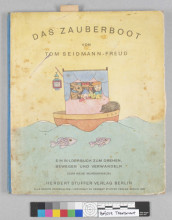
Second in a series of guest posts from Shaoyi Qian, summer 2021 Baker Fellow at the U-M Library's conservation lab, describing her work on several pop-up and moveable books.
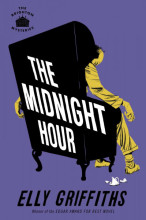
In this mystery set in Brighton, England, in 1965, private detective Emma Holmes investigates the murder of a theatrical impresario. His wife, a former music hall star, is accused of killing him. To prove her innocence, she hires Emma and her partner in the firm, Samantha "Sam" Collins, to solve the crime. Emma is also the wife of the police superintendent, Edgar Stephens, and they decide to work together, along with a young police officer, Meg Connolly. Griffiths writes vividly about the world of theater, film, and television in England in the 1960s, in this entertaining mystery.

The staff here at the CVGA were saddened recently to hear of the death of legendary Nintendo engineer Masayuki Uemura at the age of 78. For those who don't know, Uemura was the head engineer behind Nintendo’s first home consoles, including the Nintendo Entertainment System (NES) and the Super Nintendo (SNES). Gaming couldn’t be what it is today without Uemura and his team; We have a lot to thank him for. Why not come to the archive and play some NES/SNES games in his memory?
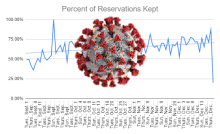
The interruption to library services caused by COVID-19 meant we needed to quickly develop new data collection strategies to give us information to manage our modified services for the 2020-2021 academic year. It also gave us an opportunity to conduct a deep reflection and assessment of how our regular collection had been going, and to be ready to make changes as we reinstituted more regular services. In two posts, we describe the evolution of our data collection efforts.
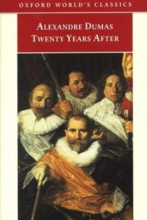
This sequel to The Three Musketeers continues the adventures of d'Artagnan, Athos, Porthos, and Aramis. The new ruler of France is the cunning and manipulative Cardinal Mazarin. During a rebellion against his rule, the musketeers find themselves on opposite sides of the conflict. They travel to England to save Charles I from execution, and fight against Mordaunt, the evil son of Milady, who is determined to avenge his mother's death.
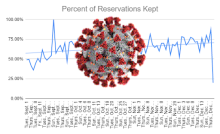
The interruption to library services caused by COVID-19 meant we needed to quickly develop new data collection strategies to give us information to manage our modified services for the 2020-2021 academic year. It also gave us an opportunity to conduct a deep reflection and assessment of how our regular collection had been going, and to be ready to make changes as we reinstituted more regular services. In two posts, we describe the evolution of our data collection efforts.
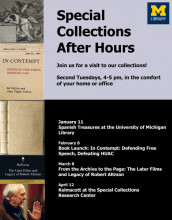
We are excited to continue our online After Hours open houses this semester! Join the Special Collections Research Center on the second Tuesday of each month 4-5 pm for a virtual encounter with our collections. While all the events are online, we have offered an in-person option for the first session in the series. All are welcome to beam in and join us.
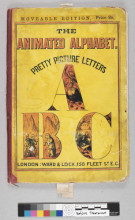
First in a series of guest posts from Shaoyi Qian, summer 2021 Baker Fellow at the U-M Library's conservation lab, describing her work on several pop-up and moveable books
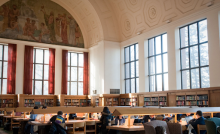
When you use library services, do you think about the interaction-generated data? The U-M Library collects data on its patrons, from user profiles to online resource access information. Recently, the library has considered using this data to engage in library analytics, making inferences about users’ future behaviors. An Engagement Fellows project that began in 2020 seeks to learn more about what library patrons think of the use of analytics at the U-M Library.
•
Interested in studying video games during the Winter term? Check out this list of courses involving the study of video games that are being offered next term. Also, find out more about game studies on campus by checking out the Video Game Studies Research Guide.